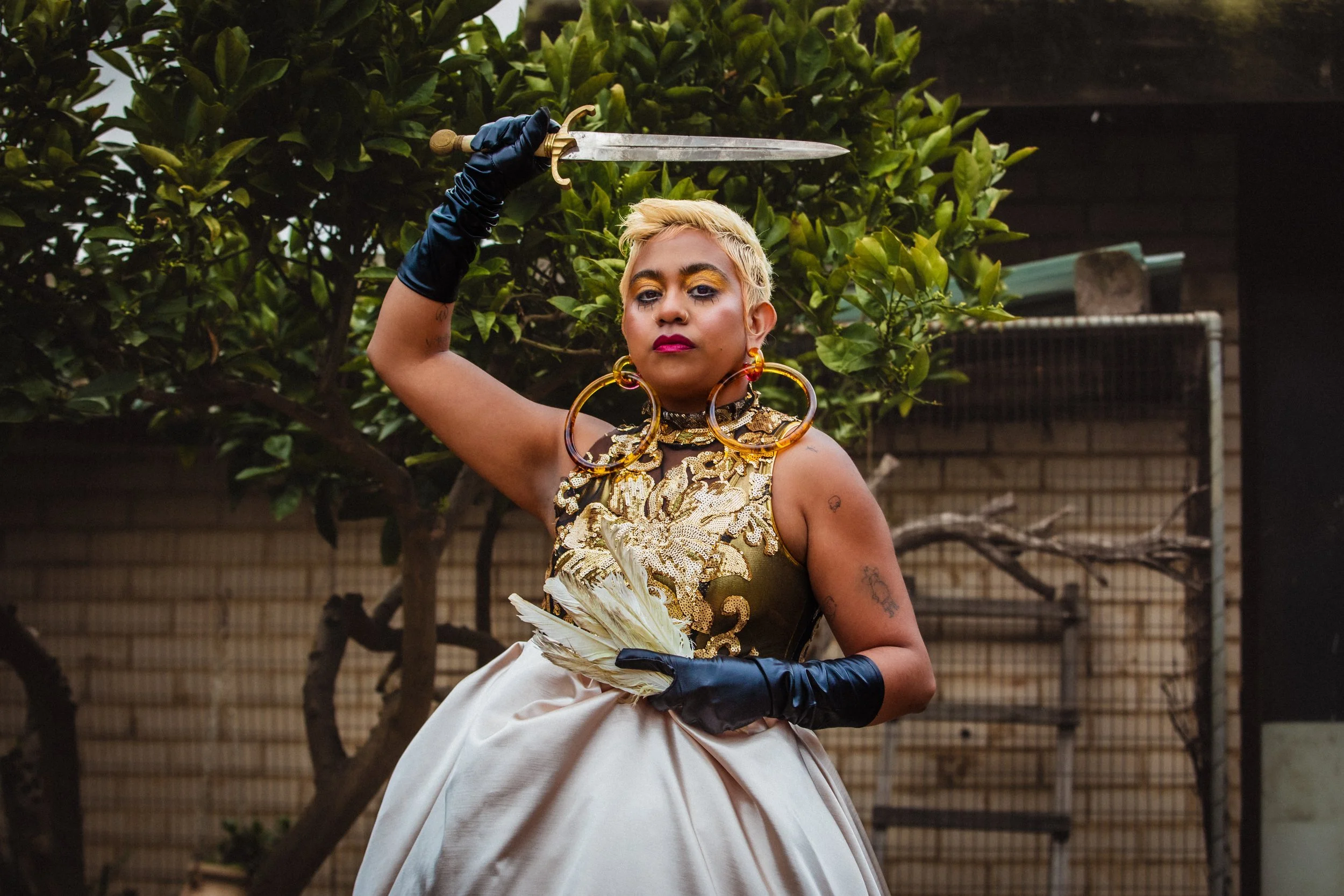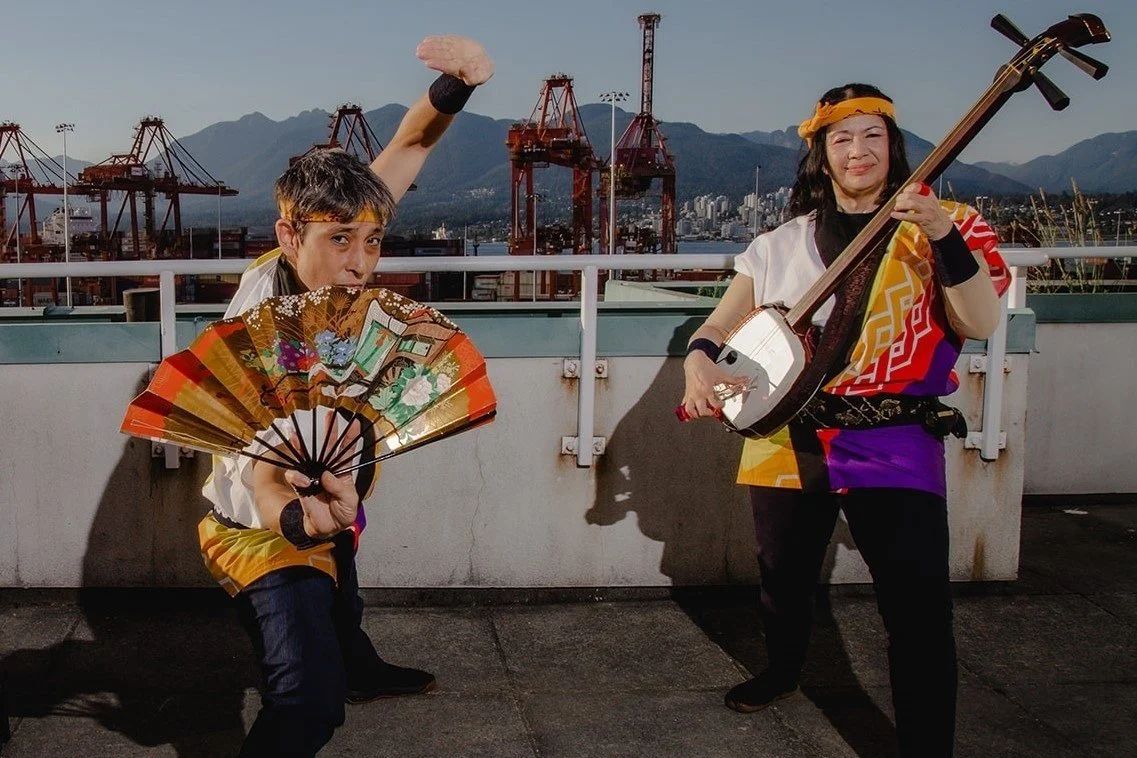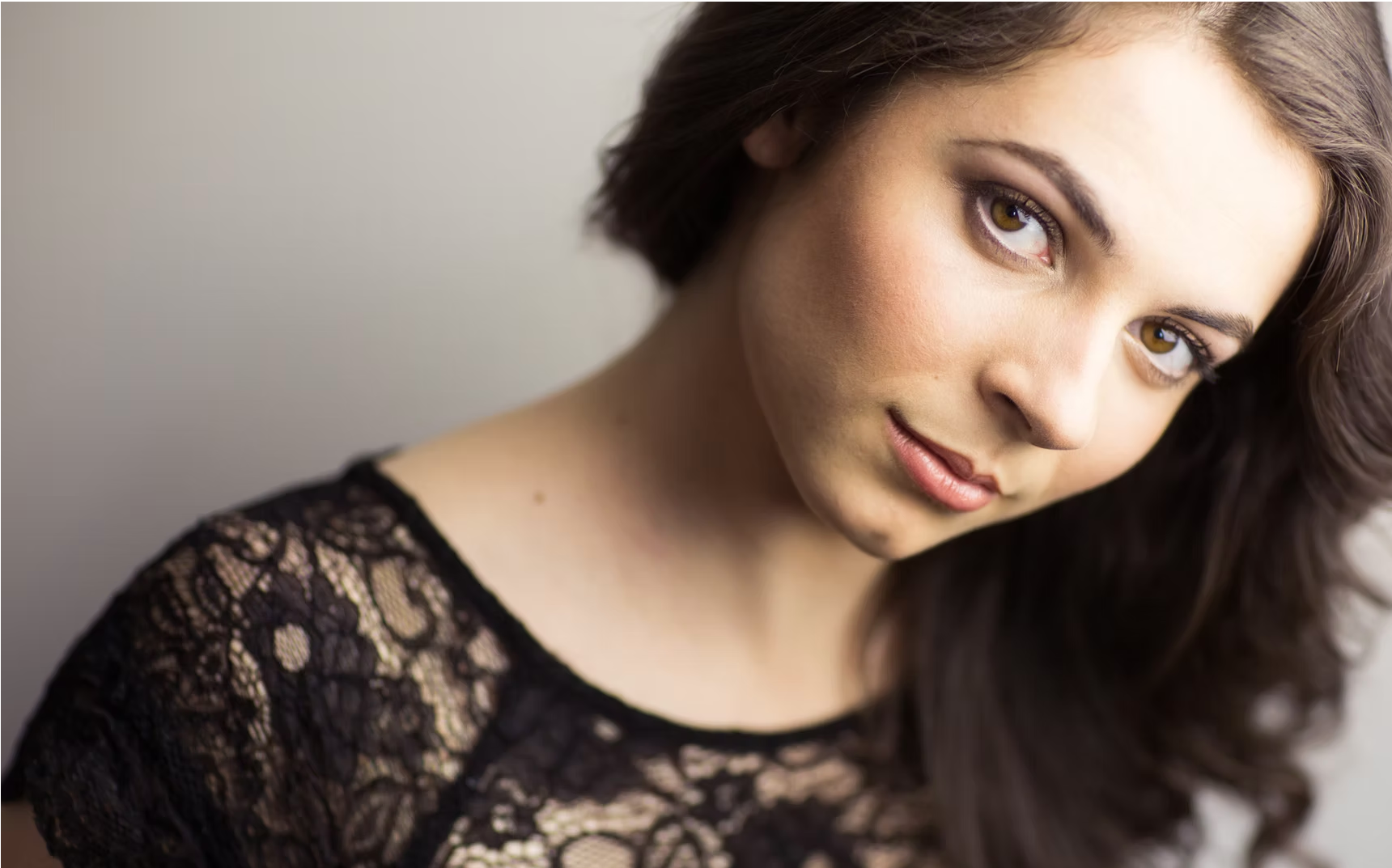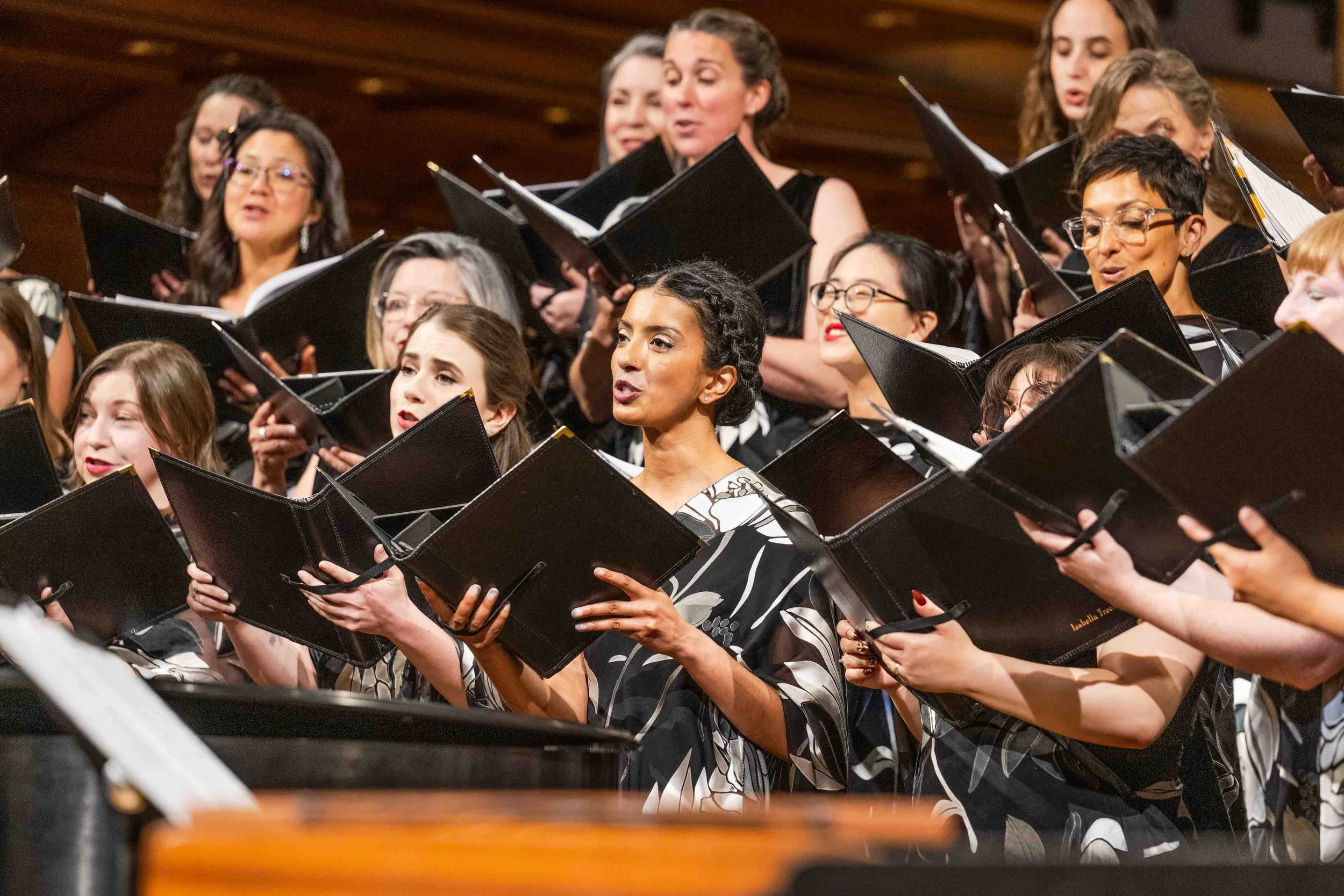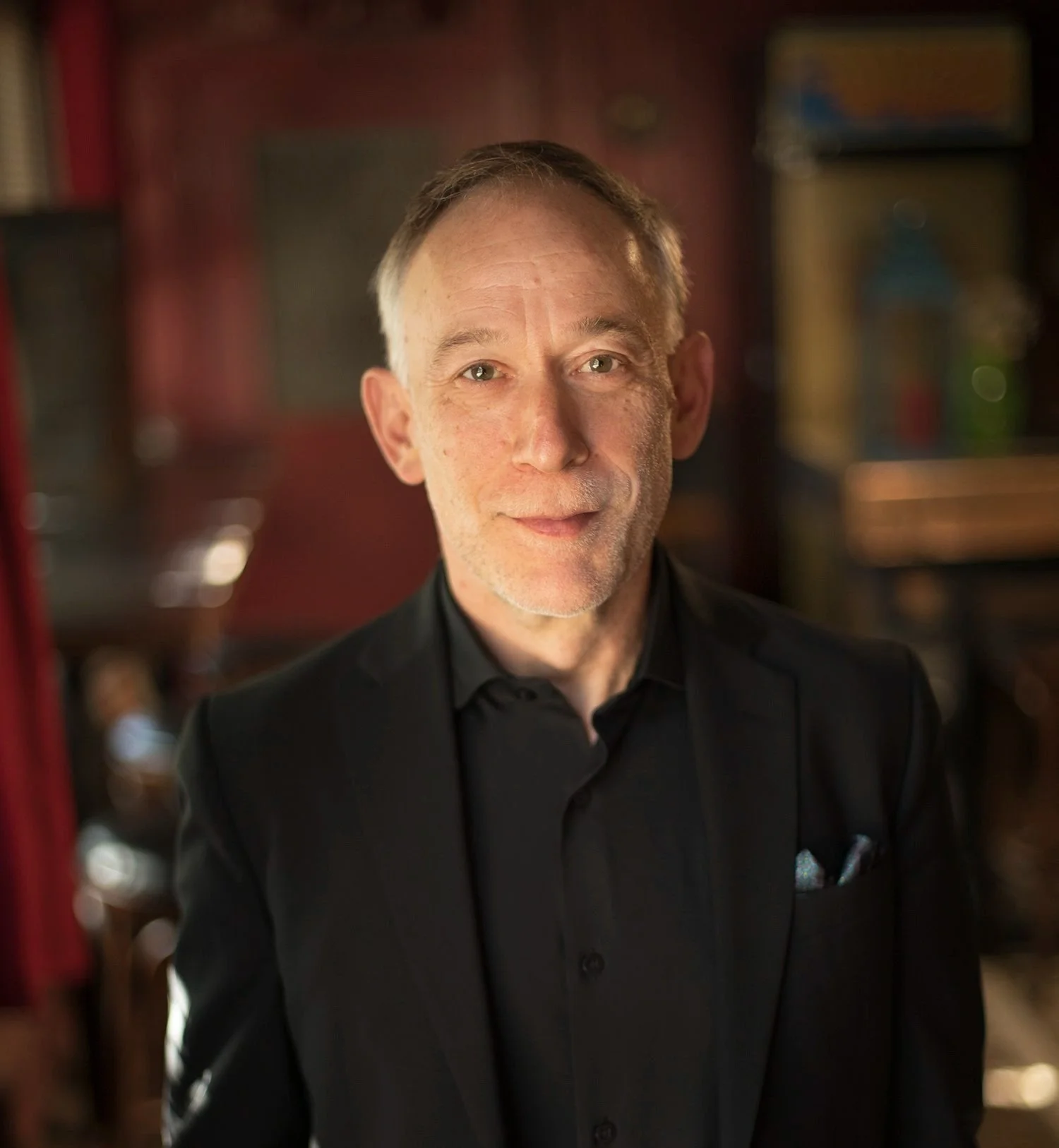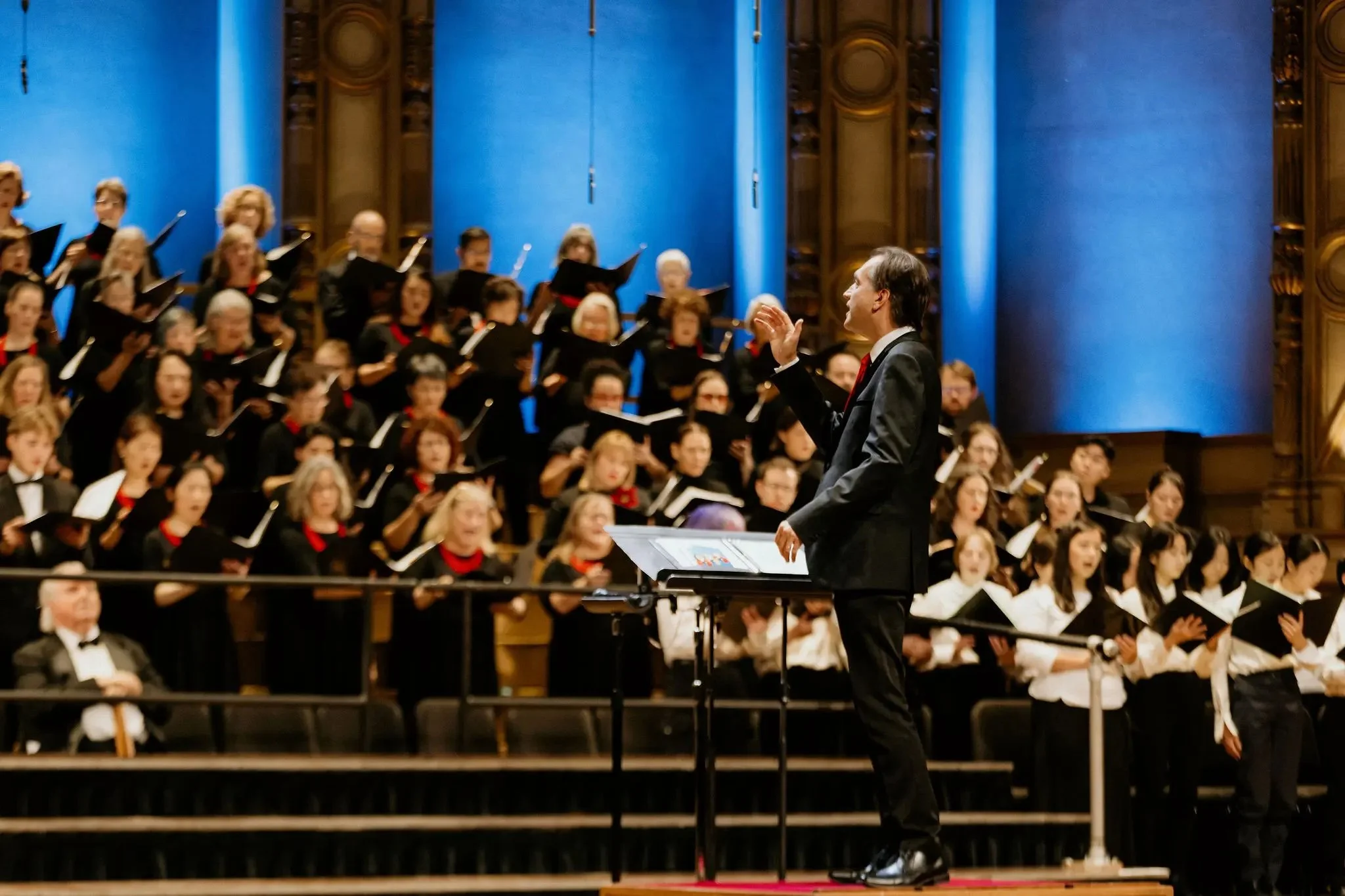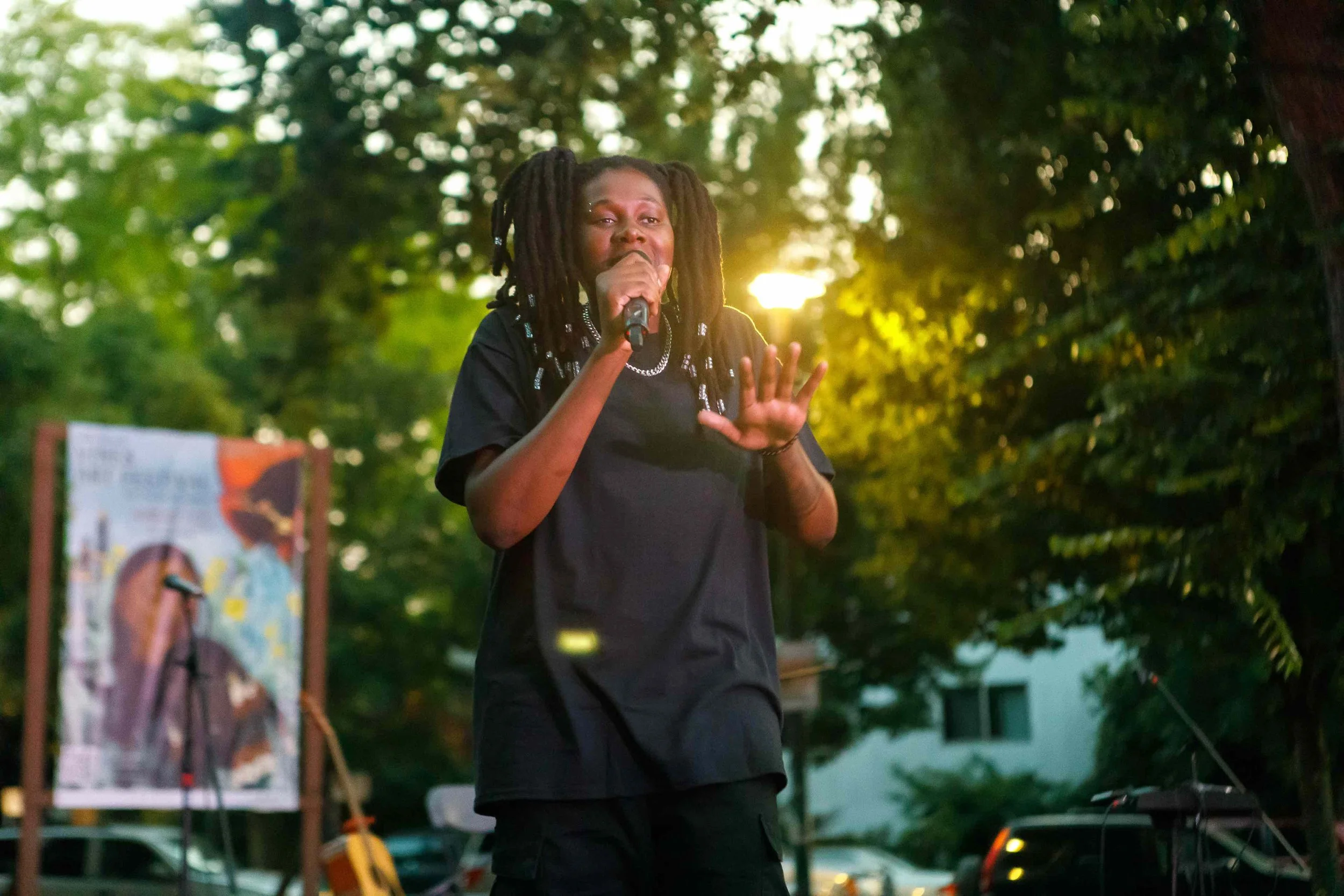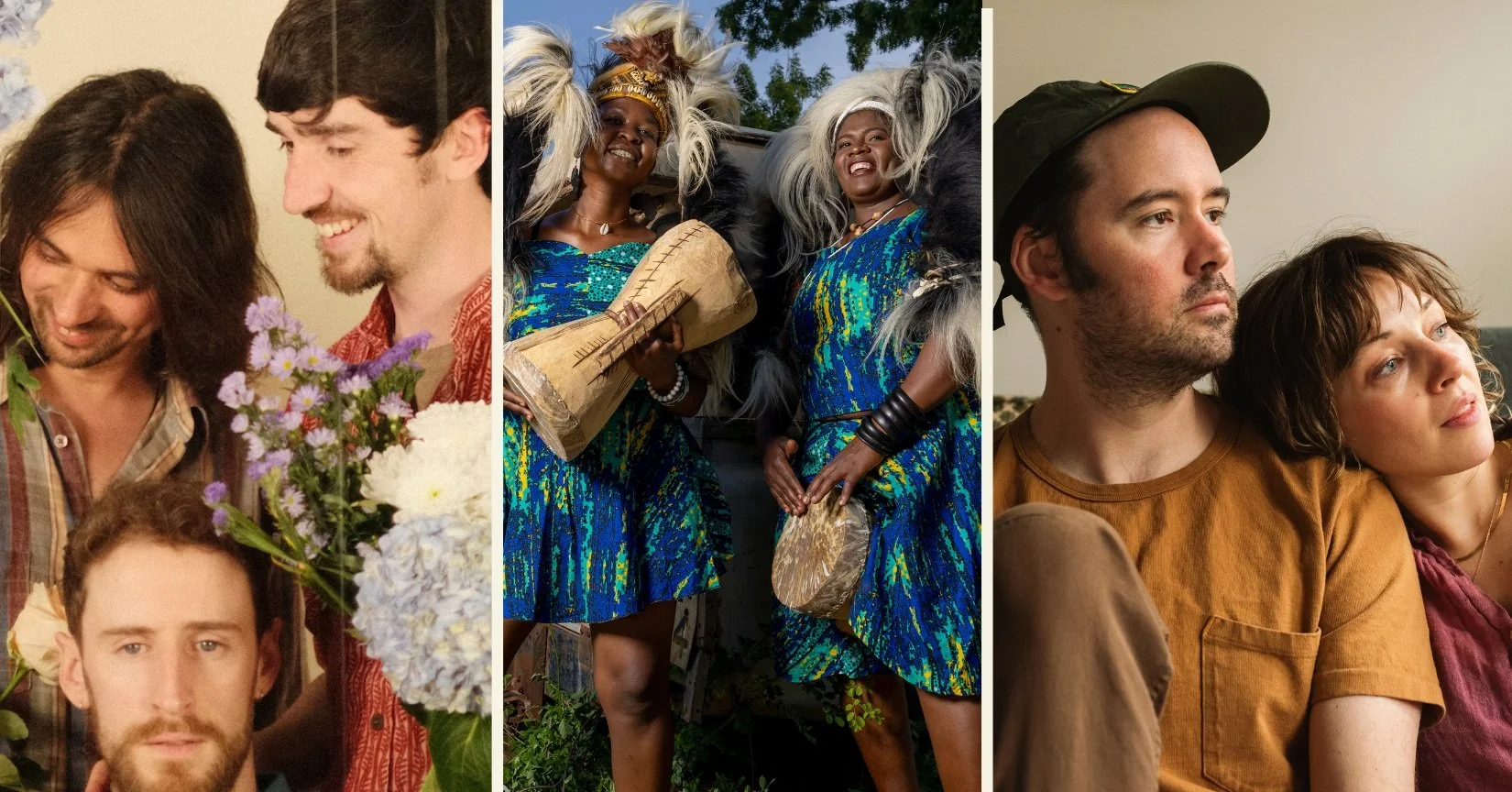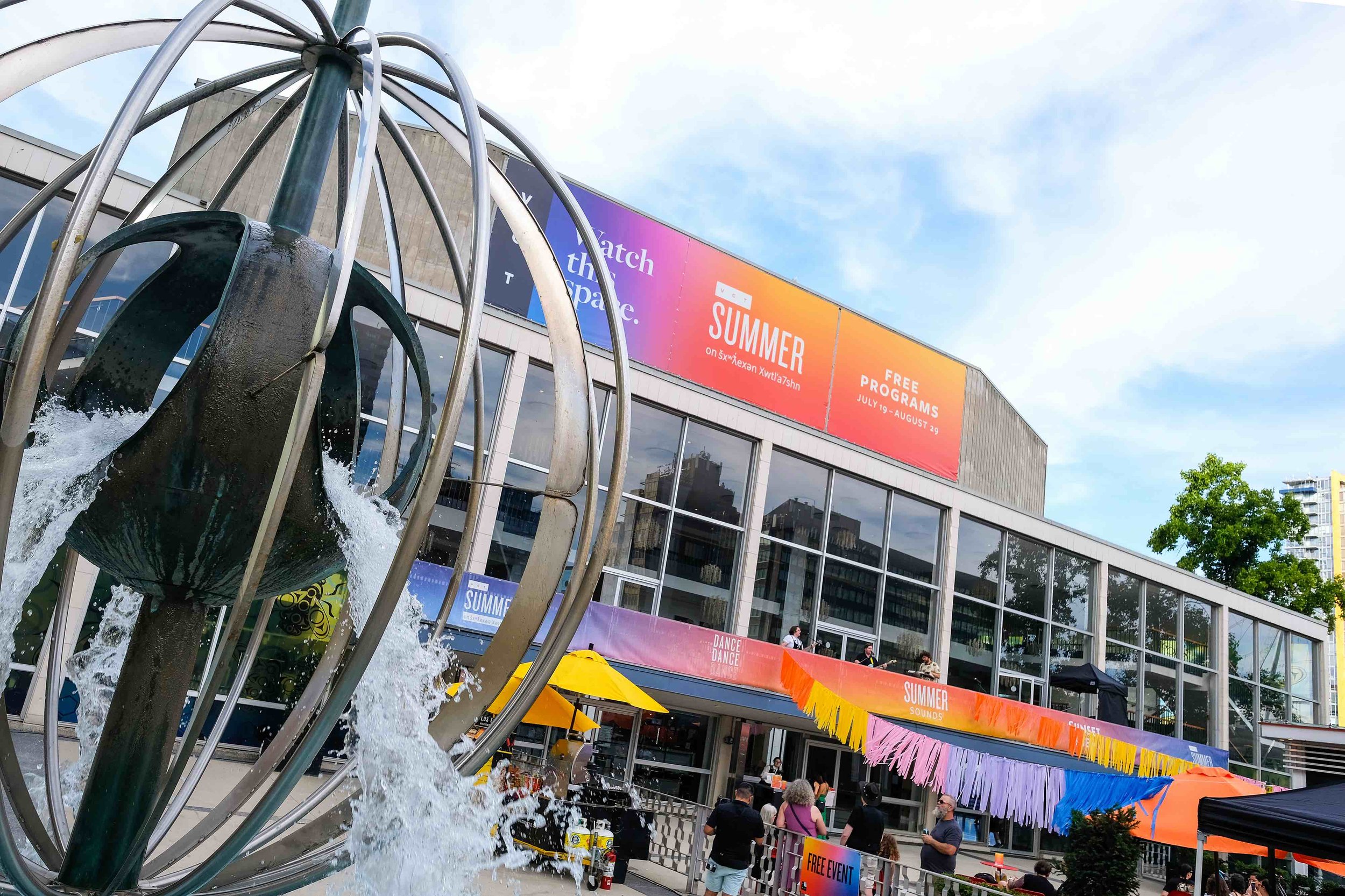Indigenous Australian musician Emily Wurramara finds strength and solace in ancestral sources
Ahead of her Vancouver Folk Music Festival sets, the award-winning singer-songwriter reflects on the power of performing in her Nation’s language and representing her community
Emily Wurramara.
The Vancouver Folk Music Festival presents Emily Wurramara on July 19 at 11:10 am on the West Stage, and on July 20 at 11:10 am on the West Stage and 1 pm on the South Stage
WITH HER VELVET-SMOOTH voice, magnetic presence, and deeply-rooted storytelling, award-winning Indigenous Australian singer-songwriter Emily Wurramara is set to light up the Vancouver Folk Music Festival. Hailing from Groote Eylandt and Bickerton Island in Northern Australia, Wurramara brings not only soulful blues and genre-defying soundscapes, but also a fierce dedication to language, land, and legacy. Her music, sung in both English and Anindilyakwa, is a vessel for cultural reclamation and personal healing, an offering to her community and a bold assertion of Indigenous identity on the global stage.
“Culture was a big thing growing up, seeing my family dancing and singing in our language and learning about the Dreamtime and the spiritual realm within our First Nations identity,” Wurramara says in a Zoom interview with Stir. “My culture is a big part of who I am. I believe that we all go back to the earth and there’s this beautiful cycle, and a lot of my art stems from this, and is centred around inspiring my community.
“I feel like music has always been a part of who I am,” she continues. “Growing up in such a multicultural household, it was just beautiful having these influences from different languages, different music, and different cultures. I knew music was going to save me and help me in so many different ways, and so I found solace in songwriting. I wrote my first song when I was six-and-a-half, and then from there I just did whatever I could in music. I felt like it was a safe way to express my emotions and tell stories, but also for me to use as an outlet just to release.”
After moving from her community on Groote Eylandt to Mainland Australia during her childhood, Wurramara continued developing her songwriting practice and learned instruments such as saxophone and guitar through school programs and self-study. Everything changed for Wurramara in 2016, when she was awarded a slot on Triple J Unearthed, an Australian radio program and music platform that features emerging musicians.
“It was really amazing having that opportunity,” she says. “And because the song they featured was in my ancestral language, and it was this moment where I was like, ‘Wow, this is beautiful that I’m being celebrated for my language, this language that is so sacred and has been around for thousands of years.’”
After her debut, Wurramara released her first EP, Black Smoke, in 2016, and her first full-length album, Milyakburra, in 2018. As her career grew, she became increasingly frustrated with the tokenization of her Indigenous identity by the music industry. This feeling culminated in her most subversive album, NARA, released last year. NARA, an Anindilyakwa word that translates as “nothing”, refers to a period of personal transformation after Wurramara lost all her belongings in a house fire. The album defies easy categorization, spanning genres such as rock, pop, R&B, neo-soul, and folk, threaded together by Wurramara’s sultry vocals and deeply introspective songwriting. Receiving overwhelming critical acclaim, the album won best adult contemporary album at the 2024 Australian Recording Industry Association (ARIA) Music Awards.
“Winning an ARIA was huge for me as an Anindilyakwa artist in the music industry,” Wurramara says. “It was a pivotal moment I think for me, where it solidified my belief in myself. There was a moment when I was up there when I was thinking about my people, my ancestors, and what my people had to go through. What the Elders who have come before me in the music industry had to, and are still having to go through, in order for me to be here. There was a lot of acknowledgement, a lot of reflection on the times.
“I'm a very community-driven person, and I just think of all the young ones that are out there and that watched me receive the award, and being the first Indigenous woman to receive an ARIA since its inception in the 1980s,” she adds. “It’s like, wow, this should have happened a long time ago, and now I’ve kicked down the doors and I’ve broken down those doors.”
As an artist, Wurramara’s ultimate goal is not about her individual success, but about celebrating and uplifting her community. She says that her identity as an Anindilyakwa artist gives her the strength and wisdom to know her right to occupy space and be an ambassador for her people.
“I’m the only Anindilyakwa woman from my island who sings in the music industry, and that’s a big responsibility in itself,” Wurramara says. “I feel I have a responsibility to my people, but also to the next generation to inspire them and to instill hope, because the impact of colonialism on our communities is great. There’s still a lot of things going on in my community that I feel we need to speak up about and talk about, and so I use my platform to talk about these issues, whether they be youth suicide, mental health, police brutality, or systemic racism. It’s pretty powerful and I’m very honoured to be able to be doing this in this way.
“I feel that my identity as an Anindilyakwa woman gives me balance,” she continues. “When I show up to events or functions, or when I’m with my family, I feel like I have this more balanced approach to things. When I move through space like that in my day-to-day life, it allows and sets boundaries of my own worthiness. And it shows people, this is me showing up as me, and reciprocation is needed. There are a lot of beautiful moments that I can reflect on where that energy has come to fruition and things have happened. And I think it’s just I’m standing in my own power, in all perspectives, and holding my head up high because I believe I deserve that, and I’m proud of that.”
Performing at the Vancouver Folk Music Festival marks the start of a new chapter for Wurramara, who has released her single “Adore Me”, a mellow pop love ballad with a ’90s R&B flair, just ahead of her festival performance.
“It’s my first time performing at a folk festival in Canada, and so I’m there for the laughs, I’m there for the food, I’m there for the THC,” Wurramara says with a laugh. “I’m there to have fun, I’m there to make a ruckus, but I’m also there to learn and be grounded and also find a bit of myself and celebrate this new era.
“I’m just looking forward to everything your beautiful country has in store for me, and I can’t wait to get over there and meet some artists as well as link up with the First Nations community over there and pay my respects to the Elders,” she concludes. “I think it’s really crucial and important that wherever we go as Indigenous people, or just in general, to connect with First Nations people.” ![]()


